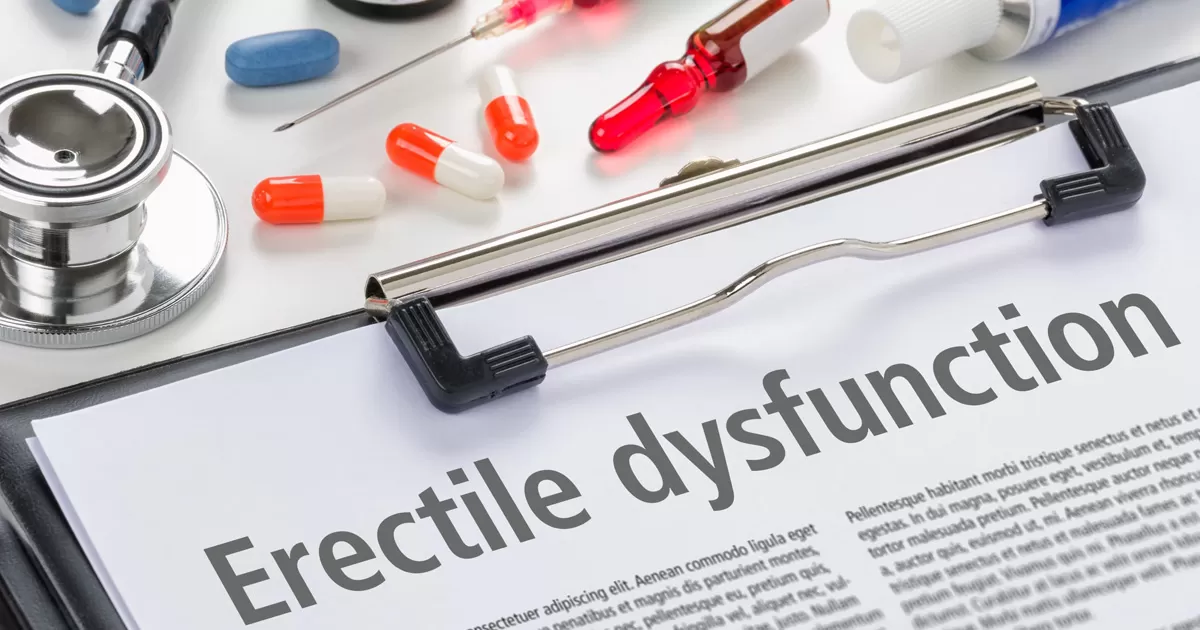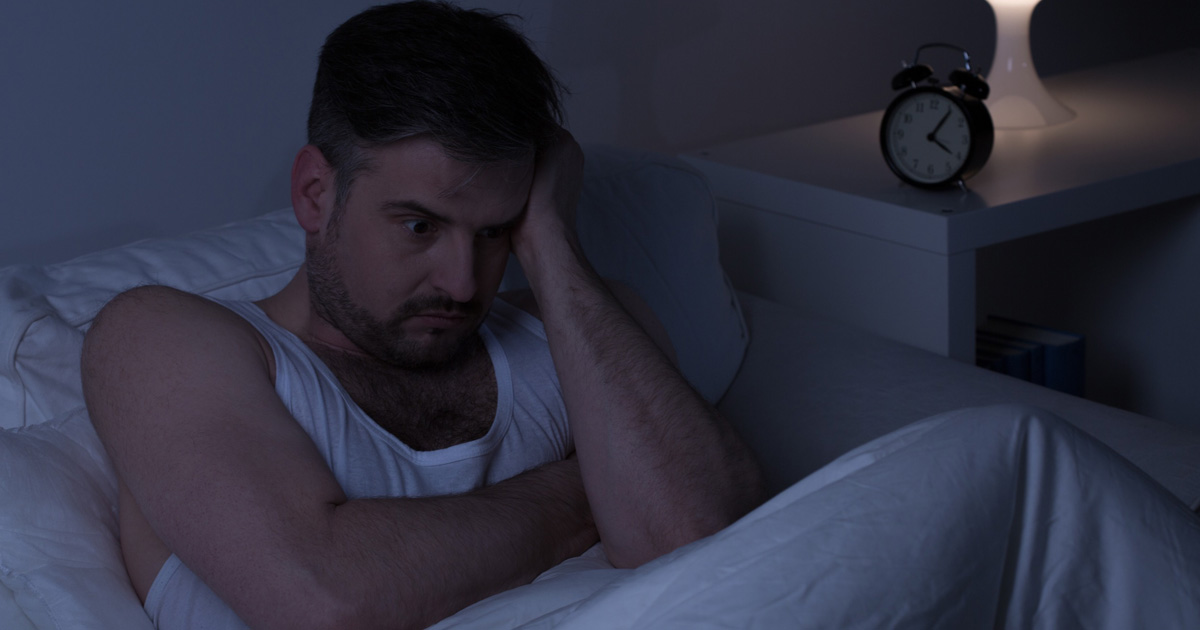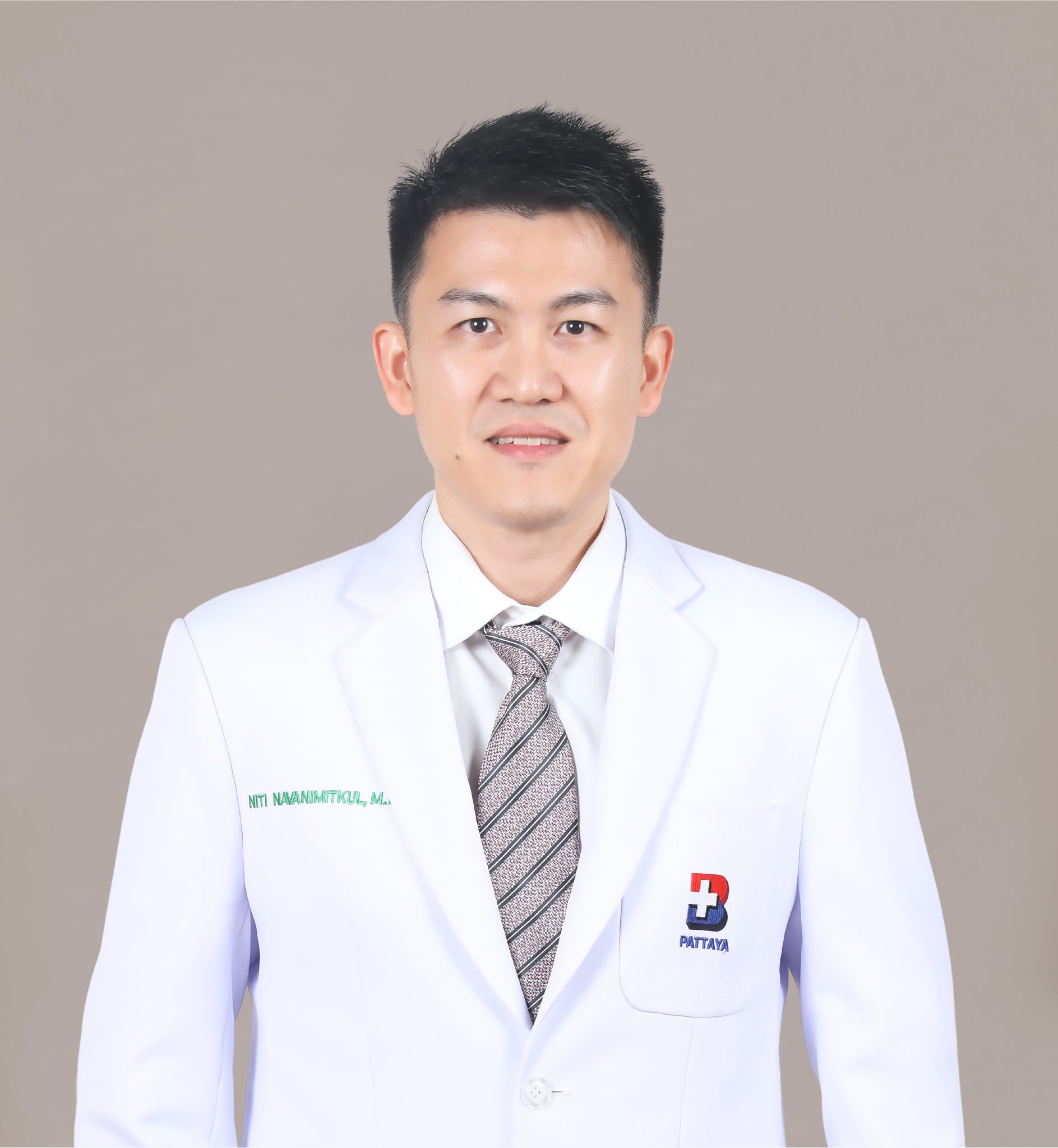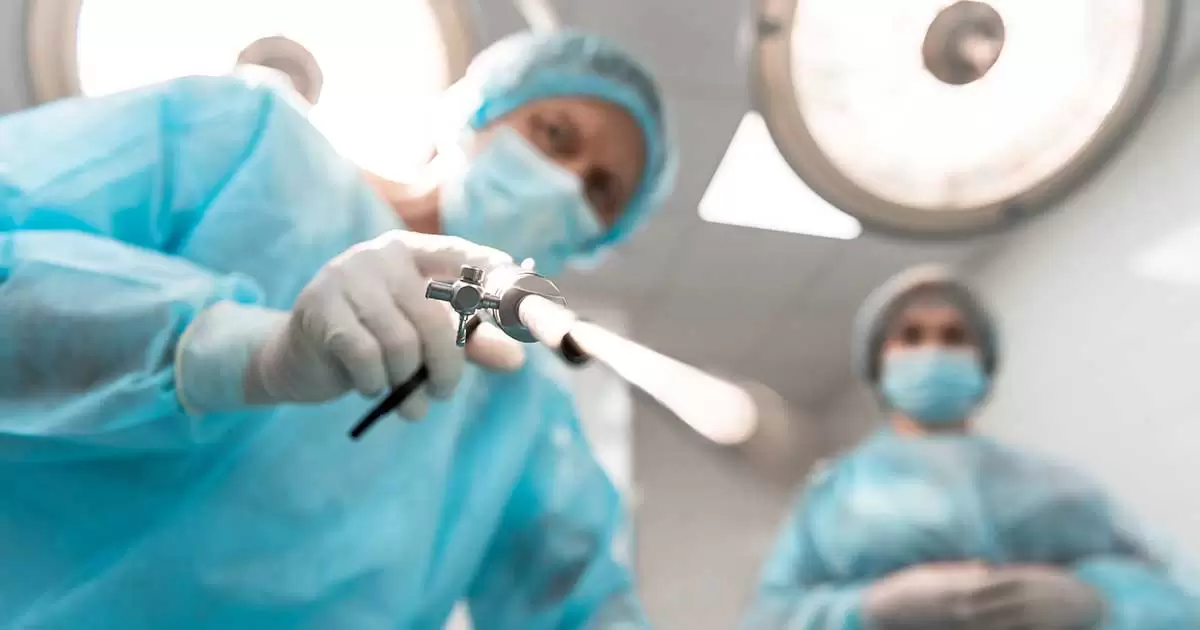
Erectile Dysfunction (Impotence): Symptoms & Causes
Home > Health Info > Health Articles

What is erectile dysfunction (Impotence) ?
Erectile dysfunction (ED), also known as impotence, is defined as the inability to get or maintain a firm erection for sexual activity. While it commonly affects older men, younger men can also experience it due to various factors. Despite being a prevalent sexual problem worldwide, many individuals are reluctant to seek help.
We encourage those affected to seek medical attention, as there is often an underlying medical cause that warrants identification. At our practice, we conduct a detailed analysis of the underlying cause and recommend personalized and sustainable treatment methods based on the patient’s lifestyle.
The likelihood of erectile dysfunction increases with factors such as age, chronic diseases, smoking, medication, low testosterone, and obesity.
Signs and symptoms of erectile dysfunction
Erectile dysfunction may manifest itself in the following ways:
- Inability to have or maintain an erection
- Problems with maintaining an erection for a sufficient duration
- Decrease in the desire for sexual activity
Causes
Male sexual arousal involves a complex interplay of the brain, hormones, emotions, nerves, muscles, and blood vessels. Erectile dysfunction can result from issues with any of these components. Stress and mental health concerns can also cause or exacerbate erectile dysfunction. Sometimes, a combination of physical and psychological factors contributes to the condition.
Physical causes of erectile dysfunction
In many cases, erectile dysfunction is linked to physical conditions, including:
- Heart disease
- Clogged blood vessels (atherosclerosis)
- High cholesterol
- High blood pressure
- Diabetes
- Obesity
- Metabolic syndrome – a condition involving increased blood pressure, high insulin levels, body fat around the waist and high cholesterol
- Parkinson’s disease
- Multiple sclerosis
- Certain prescription medications
- Tobacco use
- Peyronie’s disease
- Alcoholism and substance abuse
- Sleep disorders
- Treatments for prostate cancer or enlarged prostate
- Surgeries or injuries affecting the pelvic area or spinal cord
- Low testosterone
Psychological causes of erectile dysfunction
The brain plays a key role in triggering the series of physical events that cause an erection, starting with feelings of sexual excitement. A number of things can interfere with sexual feelings and cause or worsen erectile dysfunction. These include:
- Depression, anxiety or other mental health conditions
- Stress
- Relationship problems due to stress, poor communication or other concerns

Risk factors for erectile dysfunction
As you get older, erections might take longer to develop and might not be as firm. You might need more direct touch to your penis to get and keep an erection.
Various risk factors contribute to erectile dysfunction, including:
- Medical conditions, especially diabetes or heart conditions
- Tobacco use, which restricts blood flow to veins and arteries, can — over time — cause chronic health conditions that lead to erectile dysfunction
- Being overweight, especially obesity
- Certain medical treatments, such as prostate surgery or radiation for cancer
- Injuries, particularly those affecting nerves or arteries controlling erections
- Medications, including antidepressants, antihistamines, and drugs for high blood pressure, pain, or prostate conditions
- Psychological conditions, such as stress, anxiety, or depression
- Drug and alcohol use, particularly in long-term users or heavy drinkers
- Complications
- Complications resulting from erectile dysfunction may include:
- Unsatisfactory sex life
- Stress or anxiety
- Embarrassment or low self-esteem
- Relationship problems
- Difficulty achieving pregnancy with a partner.
Complications of erectile dysfunction
Complications resulting from erectile dysfunction may include:
- Unsatisfactory sex life
- Stress or anxiety
- Embarrassment or low self-esteem
- Relationship problems
- Difficulty achieving pregnancy with a partner
Share :









